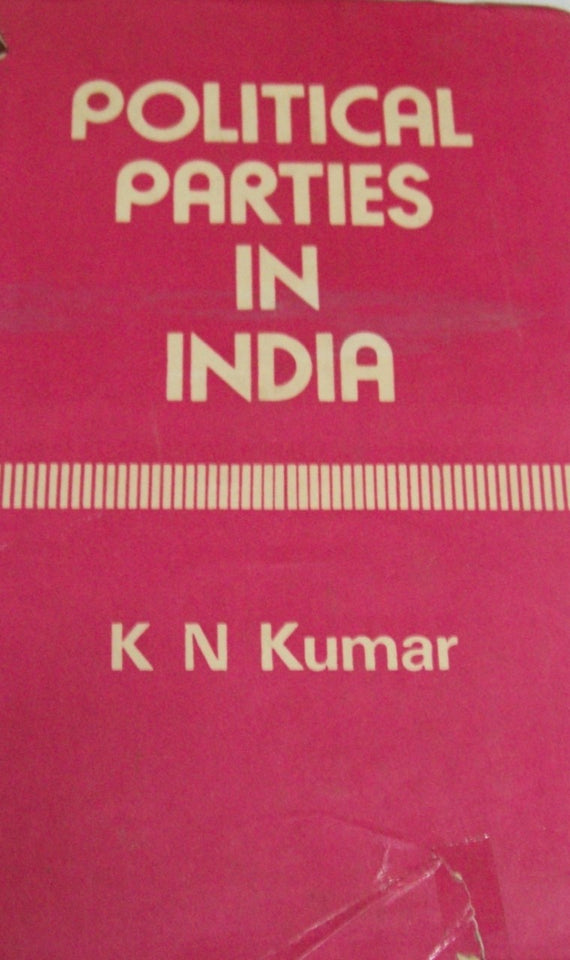Political Parties in India, Their Ideology and Organisation
Regular price
Rs. 325.00
This is a painstaking intensive study of three political parties of India: The Indian National Congress, the Communist Party of India, and the old Bharatiya Jana Sangh. It purports to examine whether ideological assumptions colour organizational structure of the parties. The author brings out how various parties are based on a ‘Kept’ crade which has no relationship to the ideological image a party presents before the public. Parties have a way, a common way, a universal way of organizing themselves. A party oranization can be organized only as an organization. The study also discovers that there is a reciprocal or mutually re-inforcing relationship between commitment to politics (as an advocation) and commitment to ideology. Those who devoted more time to politics were also those who appeared to be more committed to their party ideology. Its data also indicate a conclusion which is different from Weiner’s or Brass’s organizational cohesiveness and is more intimately related to ideology than to leadership. The generalisations in this work are made not on the basis of conversations with a few available individuals but on the basis of data gathered through a carefully structured questionnarie administered commonly to the members of all the political parties under study of various levels from grass-roots above. Needless to add the study has made a significant contribution to Political Science literature in the area of Indian party system.
Dr. K.N. Kumar (b. 1941) obtained the degree of M.A. Political Science from Patna University in 1963, and was awarded Ph.D. degree by Magadh University in 1977. S is the author/editor of four learned books and has written several thought-provoking articles which have been published in prestigious journals. Currently he is serving as Professor in the Dept. of Political Science, Magadh University, Bodh-Gaya.
Guaranteed Safe Checkout





